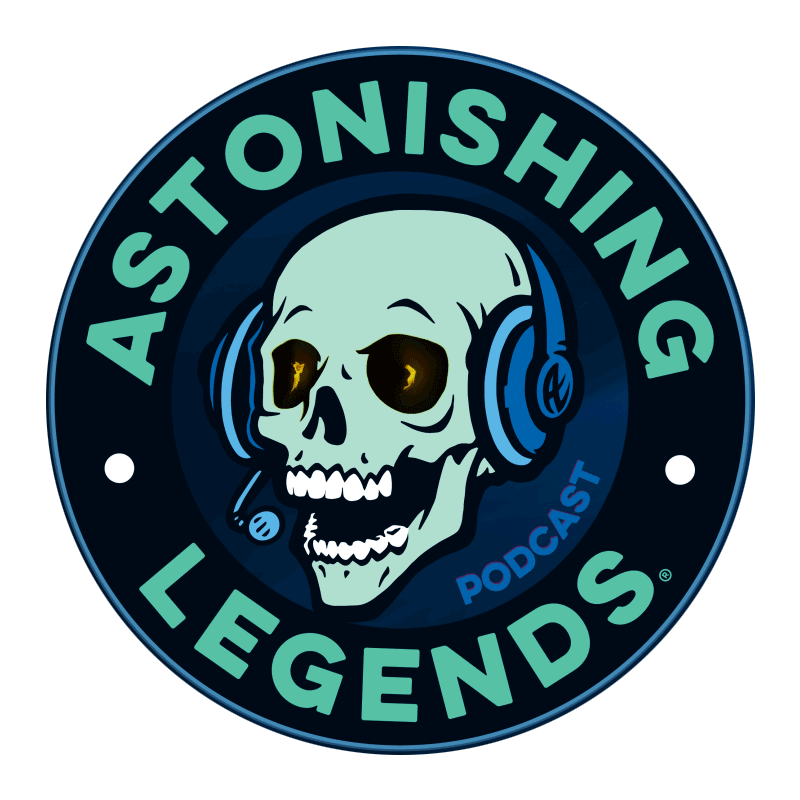UVA is Taking on Parapsychological Research
The paranormal is something that thousands, if not millions, of people hear about on a regular basis. From ghost stories to folklore, from cryptids to UFOs...it seems that countless of hours have been dedicated to creating TV shows, radio programs, movies, think tanks, and more that revolve around trying to get a deeper understanding of the paranormal. The University of Virginia is taking that a step further. How? Well, through their Division of Perceptual Studies (DOPS), founded in 1967.
DOPS was founded by Dr. Ian Stevenson. Dr. Stevenson, appropriately born on Halloween in 1907, studied medicine at St. Andrews University in Scotland from 1937 to 1939, but due to WWII graduated from McGill University and an M.D. following his undergraduate studies. He practiced medicine throughout the 1940s and early 50s. In 1951 he began studying psychoanalysis and took up teaching at UVA in the late 50s, where he developed his work on reincarnation.
Then, he decided to create what was originally known as the Division of Personality Studies. The goal of this division was “the scientific empirical investigation of phenomena that suggest that currently accepted scientific assumptions and theories about the nature of mind or consciousness, and its relation to matter, may be incomplete.”
From their website their mission is clear: "Simply put, our goal is to expand the current paradigm, because we believe that recognition of consciousness as something greater than a physically produced phenomenon is both more optimistic and more accurate than the prevailing materialist worldview."
Today, DOPS investigates, as scientifically as possible, a large array of phenomena. According to the Atlantic, these include: ESP, poltergeists, near-death experiences, out-of-body experiences, “claimed memories of past lives.”
Dr. Jim Tucker is one of the scientists currently at work at DOPS. He remarks, “The main effort is to document as carefully as possible what the child says and determine how well that matches with a deceased person,” he told me. “And in the strongest cases, those similarities can be quite compelling.”
Although, the actual work that DOPS does on a daily basis resembles many other scientific, academic research groups. For example, they input all the findings and patient profiles into an electronic database. Once inputted, analysts can pick out the patterns that might just explain why some individuals are susceptible to, lets say, possessing memories from past lives (which is a major aspect of DOPS, since reincarnation was one of Dr. Stevenson's passions).
Through processing, analyzing, and understanding the paranormal through a scientific lens, DOPS hopes that the study of the paranormal will become more accepted by the mainstream media, thus allowing them to take on new challenges and studies.
If you're interested, you can even read work that DOPS has published multiple books (which you can find here), or you can dig a little deeper into their research here.
The above image is unrelated to the story and is by CCAC North Library, liscensed via Attribution 2.0 Generic (CC BY 2.0).
